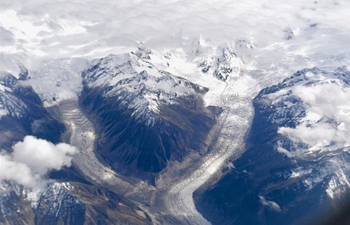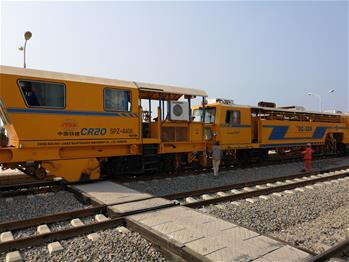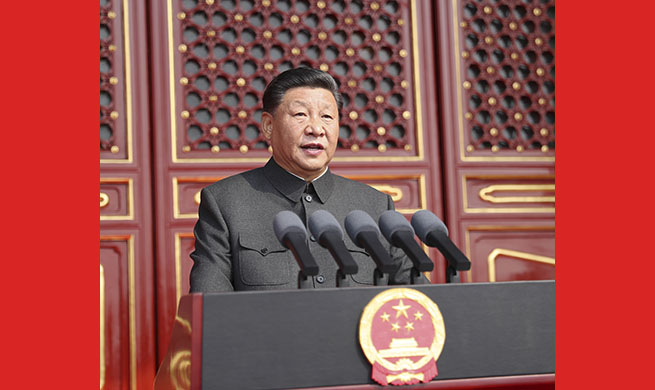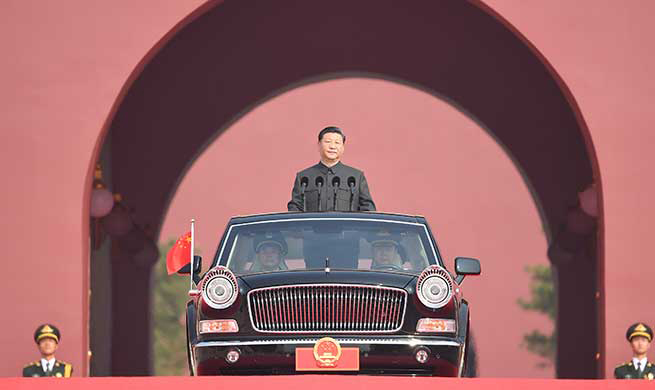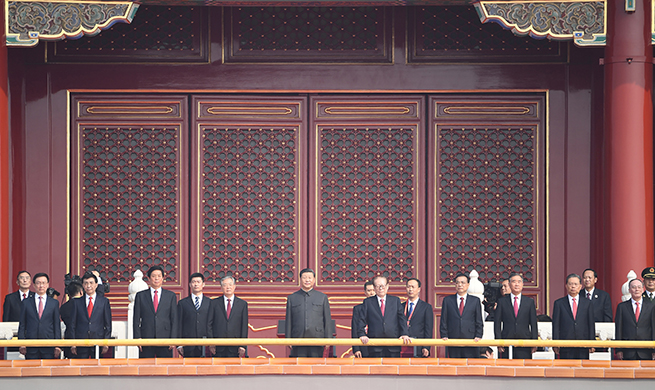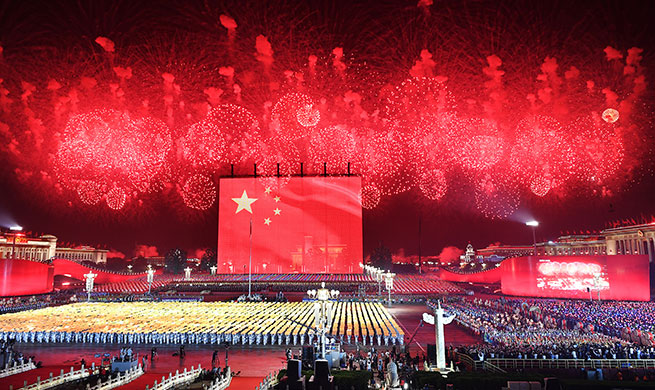BAGHDAD, Oct. 4 (Xinhua) -- Iraq's prominent Shiite cleric Moqtada al-Sadr on Friday urged the government of Prime Minister Adel Abdul Mahdi to resign amid the rising death toll in the ongoing anti-government protests.
"I demand that the Iraqi government fully resign and start early elections under the supervision of the United Nations," al-Sadr said.
"What is happening now is a disregard for Iraqi blood that cannot be tolerated," he added.
Earlier in the day, al-Sadr called on the lawmakers of the leading al-Sairoon bloc to suspend their membership in parliament, a day before a scheduled session of parliament to discuss the demonstrations held across the country since Tuesday.
Al-Sadr told al-Sairoon bloc members, who are mainly his loyalists, "not to attend parliamentary sessions until the government issues a program that satisfies the people and the Marjiyah (religious Shiite leadership)," according to a statement issued by al-Sadr.
Since Tuesday, hundreds of Iraqis have been holding protests on the streets in the Iraqi capital Baghdad and other Iraqi provinces. They voiced their anger that after two years of defeating the extremist Islamic State (IS) militants, millions of the population are still living in worsening conditions in the oil-rich country.
The protesters are demanding for better living, job opportunities and basic services. They blame the deterioration on what they see widespread corruption and incompetence of the government.
After four successive days of protests, the death toll rose to 41, according to figures provided by Ali al-Bayati, a member of the Iraqi Independent High Commission for Human Rights.
Al-Bayati said that "a total of 38 civilians and three security members were killed in the protests, while 1,952 were wounded, including 363 security members."
Iraqi Prime Minister Adel Abdul Mahdi imposed a curfew in Baghdad starting from 5:00 a.m. local time (0200 GMT) Thursday morning.
Early on Friday morning, Abdul Mahdi called on the protesters to calm down after days of violent protests.
In his televised speech, he said that "your demands for reforms and the fight against corruption have reached us," promising that his government would not make "empty promises."





